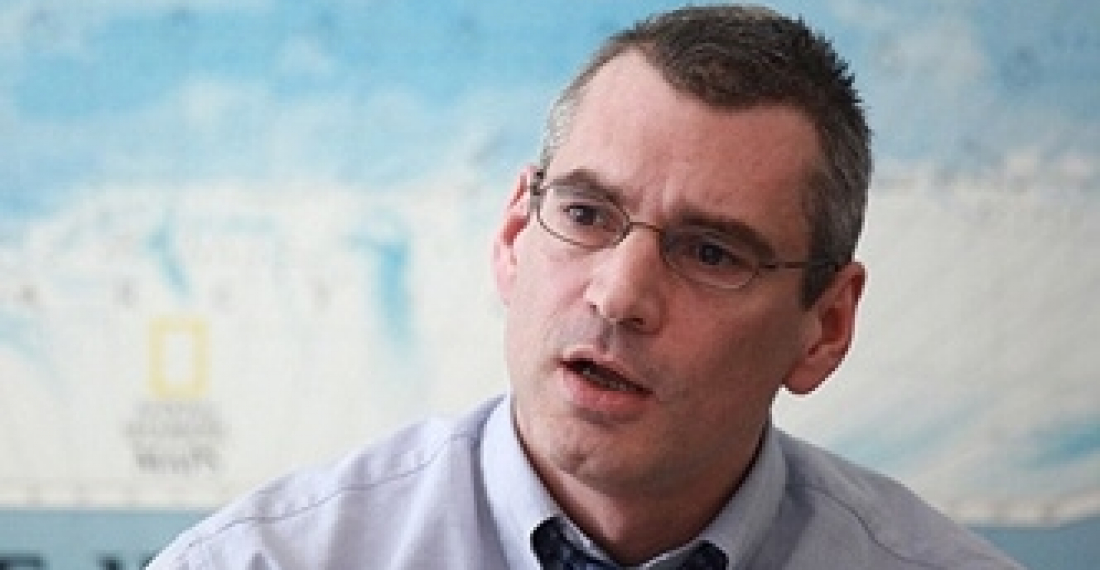Armenia's stance on the Karabakh peace process has become stronger than Azerbaijan's position in 2011, Richard Giragosian, Head of the Center for Regional Studies, told media on December 27.
It is obvious especially after the meeting of the Armenian and Azerbaijani president in Kazan that resulted in no agreement, he said. Yerevan's stance has proved more flexible and open, while Baku's stance lacked any strategy or diplomacy. Azerbaijan wants everything and at once, he said.
As for further developments, Giragosian said that Vladimir Putin's possible coming to power in Russia will be something like a challenge for the Karabakh process. Giragosian explained that in spite of his personal contribution to resolution of the conflict, Putin's style differs from Medvedev's style. Putin has less patience and exerts more pressure on the parties, he said. In addition, Giragosian thinks that Russia and Azerbaijan may become closer, and Armenia will not be able to prevent that. Russia is very strong in Armenia while Armenia has too little levers of influence on Russia if its position becomes not pro- Armenian.







